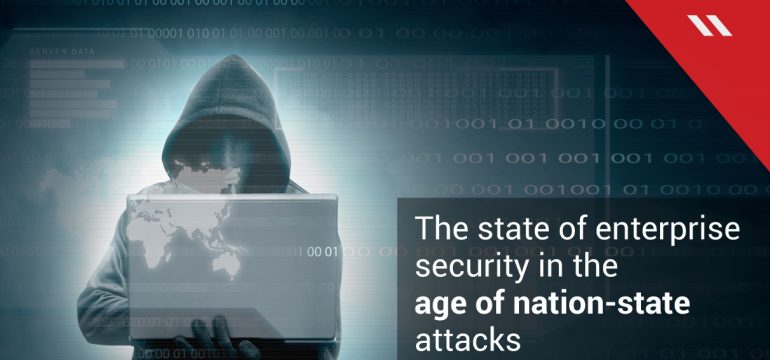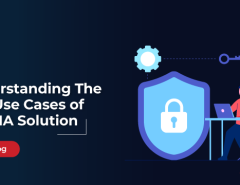The digital modern battlefield has proven time-and-again that cyberattacks, just like tanks and guns, are one of the biggest weapons that a country possesses to wage a war. All over the world, nation-states are surreptitiously or, in some cases, openly waging cyber warfare against each other. Enterprises from so-called antagonist countries are looked upon with suspicion — consider how Huawei, among China’s biggest telecommunications firm, had to exit the American market in 2019 after being viewed suspiciously that its technology might have backdoors, enabling surveillance by the Chinese government.
Taking cognizance of the huge danger of cyber threats to nations, the Trump Administration released the National Cyber Strategy of the United States of America in 2018, a comprehensive document outlining the country’s strategy against cyberthreats. The introduction to the document outlines the reality of the cyber threats the world possesses — the US government blames Russia, Iran and North Korea for conducting ‘reckless cyberattacks that harmed American and international business of its allies and partners’ while also accusing China of engaging in ‘cyber-enabled economic espionage’.
No government or nation-state has a permanent solution to the threat of cyber warfare. There are discussions and deliberations on creating international agreements but they still remain in the planning stage. In the meantime, nations continue to fight an almost daily supply of threats from enemy states.
What role can enterprises play in negating this problem?
Recognize the scale of nation-state attacks
Nation-state cybersecurity threats operate on a larger scale than isolated, individual attacks. They are sophisticated and targeted with deployed attackers enjoying the full machinery of their state. The first step in addressing the threats they pose for an enterprise is to recognize and understand their scale and the large repercussions they can cause.
Threat of risk
Some enterprises may be more at risk to these kinds of attacks than others — it is important to do a self-assessment for enterprises to come to a conclusion. Nation-state cybersecurity threats attack targets which can cause widespread damage and cripple a country’s system — hence, enterprises who may be in wide-scale manufacturing or supplying essential services may find themselves more at risk.
Do the basics well
Even if your enterprise seems more at risk of nation-state cyber threats, there is no need to panic. Dealing with nation-state cybersecurity threats depends on focusing on the basics of cybersecurity. The proper functioning of threat defence solutions, be it internal policies or external vendors is a must. This involves executing actions such as patch and vulnerability management, privilege management, identity management, endpoint detection and response (EDR), among many others.
Constant vigilance
The most important criteria for enterprises to address nation-state cybersecurity threats is developing and maintaining a culture of constant vigilance. It is important for security administrators to have a regular cadence of authorized and unauthorized activity, raising immediate red flags if the latter occurs. The security solutions employed must provide detailed insights into traffic patterns, data usage, uptime and downtime statistics so any anomalies can be detected quickly.
Seqrite’s solutions provide state-of-the-art security and peace-of-mind to enterprises by providing a range of powerful security solutions that are committed to keep enterprises safe from nation-state cyberthreats and others.




